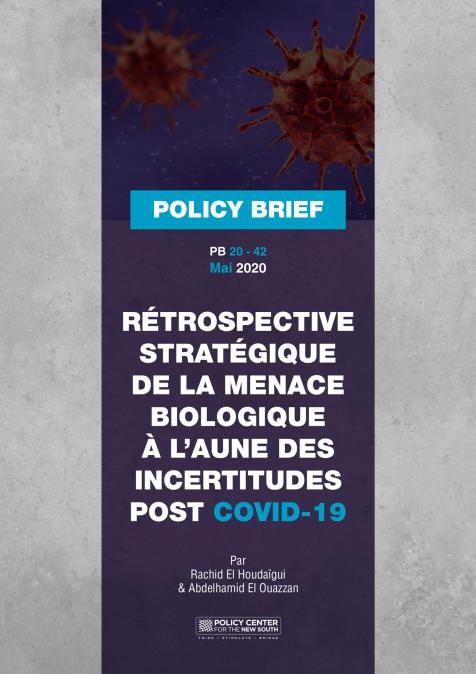Building Earthquake Resilience: Lessons learnt from Chile's experience - In Spanish
In this interview with Ms. Laura Albornoz, Director, National Oil Company of Chile ,we discussed Chile’s approach in handling natural disasters, particularly earthquakes. Ms. Albornoz highlights the importance of adapting construction practices, improving disaster prevention systems, and the concept of "human reconstruction" which addresses the psychological and social impacts on communities. The discussion emphasizes the lessons learned from significant earthquakes, including the 8.8 magnitude quake in 2010, and the need for continuous investment in emergency response capabilities. Ms. Albornoz highlights the necessity of implementing a multidimensional approach to achieve successful disaster management, while also emphasizing the importance of community education and preparedness.






